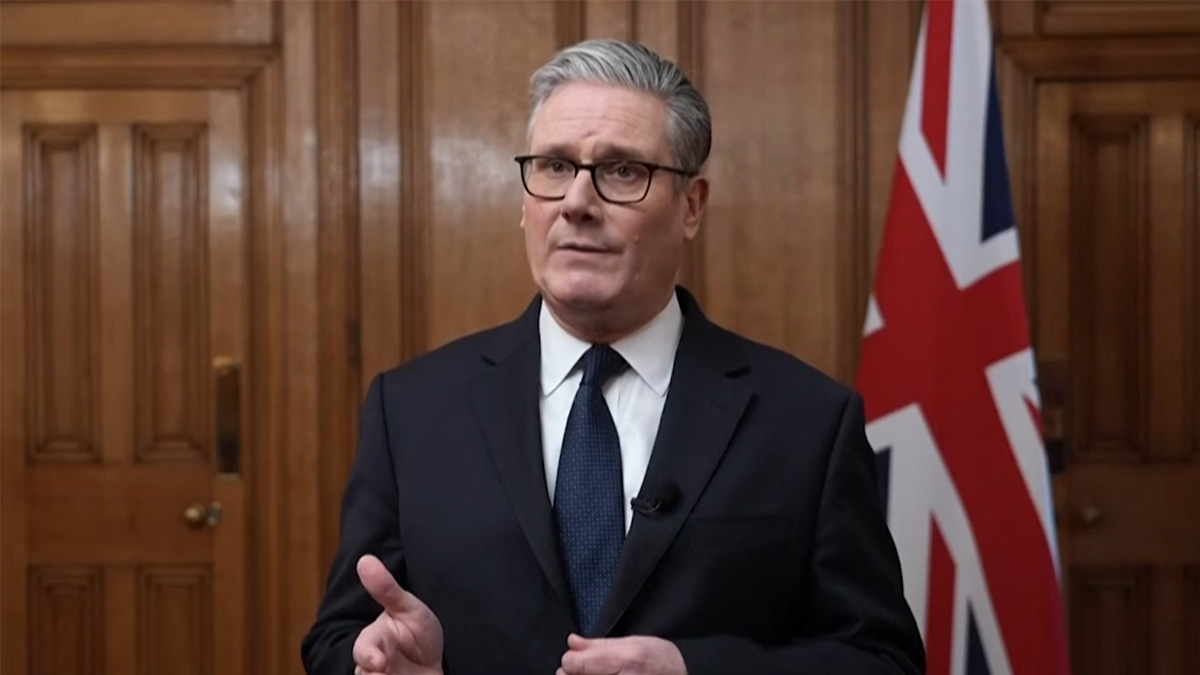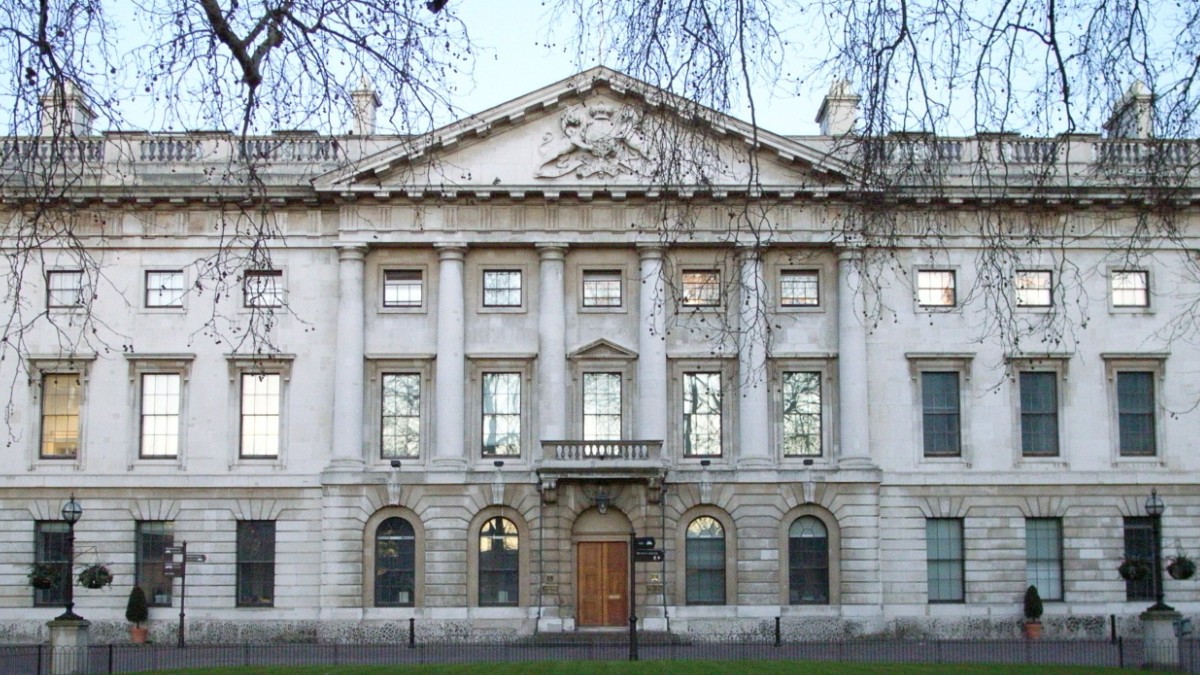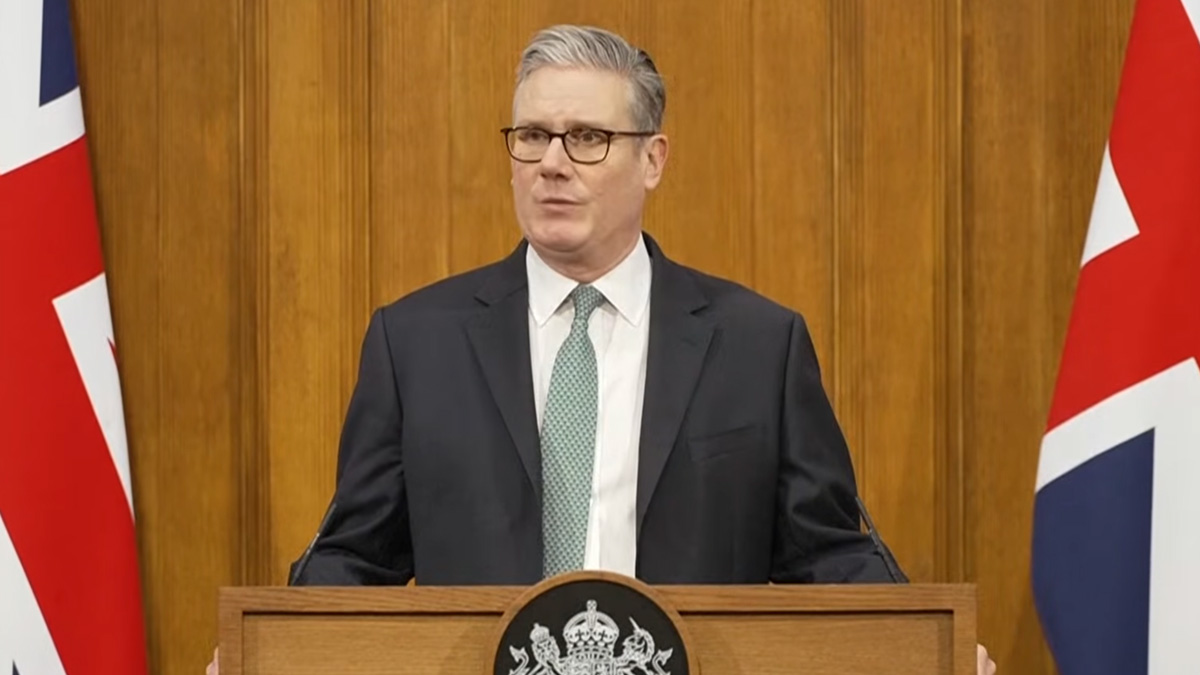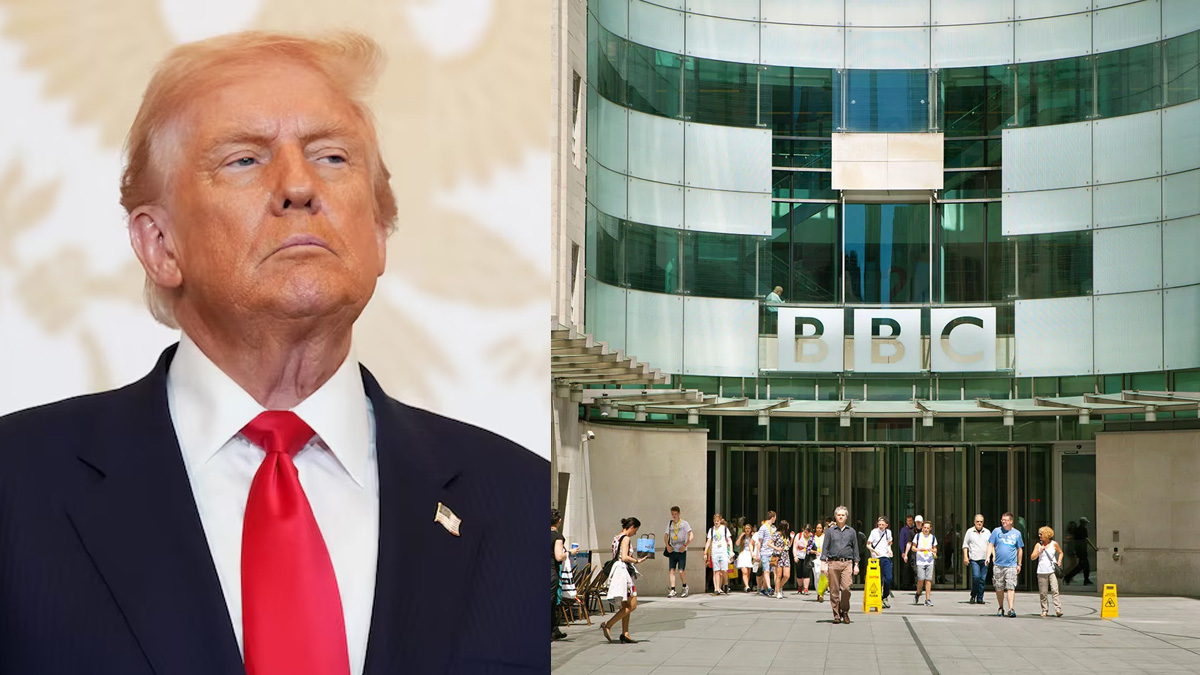BBC editor Raffi Berg sues Owen Jones over Gaza bias allegations
BBC News Online’s Middle East editor, Raffi Berg, is suing journalist Owen Jones over an article that accused him of editorial bias in favour of Israel during coverage of the Gaza conflict. Berg alleges the claims have damaged his professional reputation and led to death threats.

- BBC Middle East editor Raffi Berg has launched a libel lawsuit against journalist Owen Jones over an article on alleged pro-Israel bias in Gaza coverage.
- The article included anonymous testimonies from 13 BBC staffers, claiming Berg distorted editorial content to favour Israel.
- Berg alleges serious reputational harm, citing threats and security issues, while Jones stands by his reporting and vows to defend press freedom.
BBC News Online’s Middle East editor, Raffi Berg, has filed a libel lawsuit against journalist Owen Jones over claims made in an article accusing him of systematic editorial bias in favour of Israel. The article, published in December 2024 on independent platform Drop Site News, has sparked a legal and public controversy over media integrity and press freedom.
The High Court claim, revealed in legal documents seen by the PA news agency, asserts that the article’s allegations have seriously damaged Berg’s professional reputation and exposed him to severe harassment, including death threats. His legal counsel, John Stables, stated that the publication had caused Berg “an onslaught of hatred, intimidation and threats”, resulting in workplace security measures being implemented and an ongoing police investigation.
Jones’ article, titled The BBC’s Civil War Over Gaza, was based on anonymous interviews with 13 current and former BBC staff members. These individuals alleged that Berg played a central role in what they described as a broader BBC culture of “systematic Israeli propaganda”.
According to the article, Berg was accused of manipulating content—ranging from headlines to imagery—to prioritise Israeli military perspectives and diminish Palestinian suffering. The article further claimed that internal complaints over such editorial decisions had been repeatedly ignored by senior management.
Jones has not yet filed a formal legal defence but has publicly rejected the claims. In a statement on social media, he declared: “I strongly disagree with Mr Berg’s claims, and, if necessary, I look forward to vigorously defending my reporting in court.” He also thanked Drop Site News for their support.
Beyond the legal filing, the situation has been further inflamed by resurfaced video footage of Berg expressing admiration for Israel’s intelligence agency Mossad. In the clip, Berg states that Mossad makes him “tremendously proud”. Critics argue that these remarks raise further questions about Berg’s neutrality as a senior editor overseeing sensitive coverage of the Israeli–Palestinian conflict.
Berg has worked for the BBC since 2001 and has served as Middle East editor for the BBC News website for over a decade.
He is also the author of Red Sea Spies, a book recounting a Mossad operation, co-written with Mossad figures such as Dani Limor. The book has received endorsements from senior Israeli officials and has been used in public diplomacy campaigns highlighting Mossad’s operations.
Investigative outlet MintPress News has also raised concerns about Berg’s background and affiliations. A recent report by journalist Alan MacLeod claimed Berg maintained close ties with Israeli intelligence networks and displayed pro-Mossad memorabilia in his BBC office. The report also noted Berg’s prior work with the Foreign Broadcast Information Service, an organisation historically linked to the CIA.
Despite these concerns, the BBC has not publicly commented on Berg’s affiliations or the libel proceedings. However, the broadcaster has reportedly taken internal steps to address safety concerns following protests at its premises and calls for Berg’s suspension.
The libel action comes at a time when scrutiny of the BBC’s coverage of Gaza has intensified globally. A leaked internal memo, first reported by The Telegraph, revealed that the BBC’s Arabic service deliberately minimised coverage of Israeli casualties to portray Israel as the aggressor. The memo described significant editorial differences between the Arabic service and the BBC’s main English-language output, despite both being expected to follow the same editorial guidelines.
Jones’ article suggested that the internal dissent at the BBC reflects a broader unease among staff over the network’s reporting on Gaza. Some journalists reportedly view the case against him as an effort to suppress uncomfortable truths about the BBC’s internal dynamics.
As legal proceedings unfold, the case may become a high-profile test of the limits of press freedom, journalistic accountability, and the right to report on media institutions themselves.
Jones maintains that his reporting was grounded in credible sources and whistleblower testimony, and frames the legal challenge as a threat to investigative journalism. “This case goes beyond me,” he wrote on social media. “It is about the ability to hold powerful media institutions to account.”







